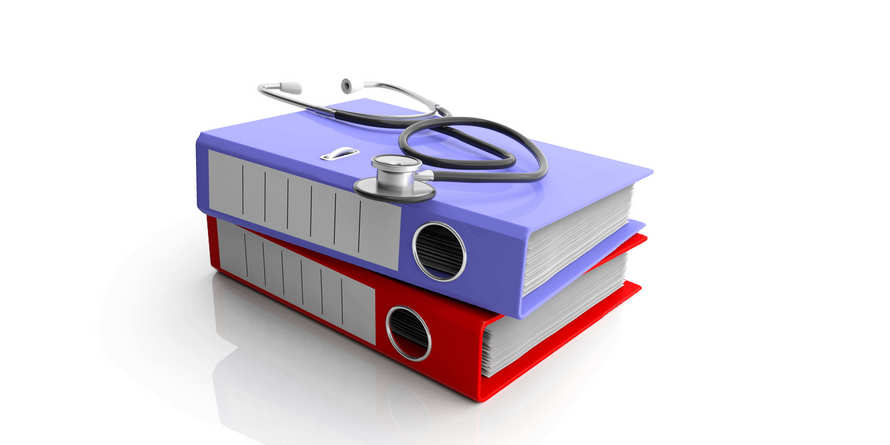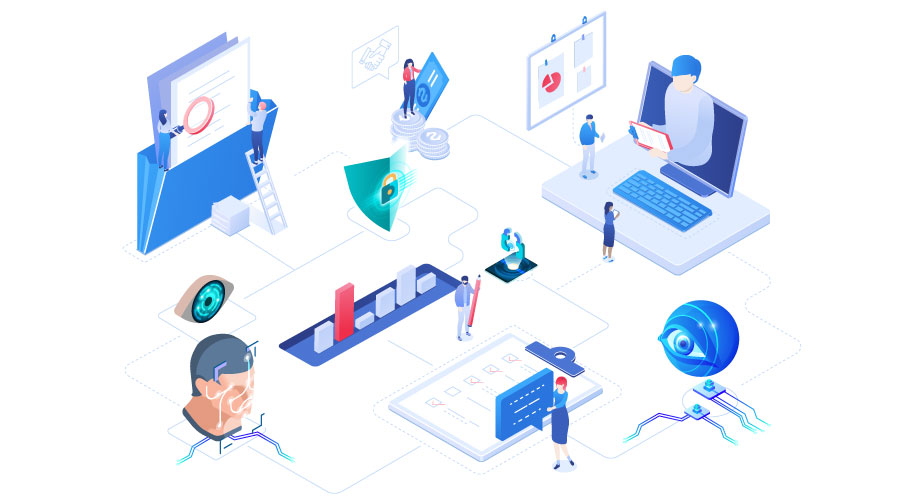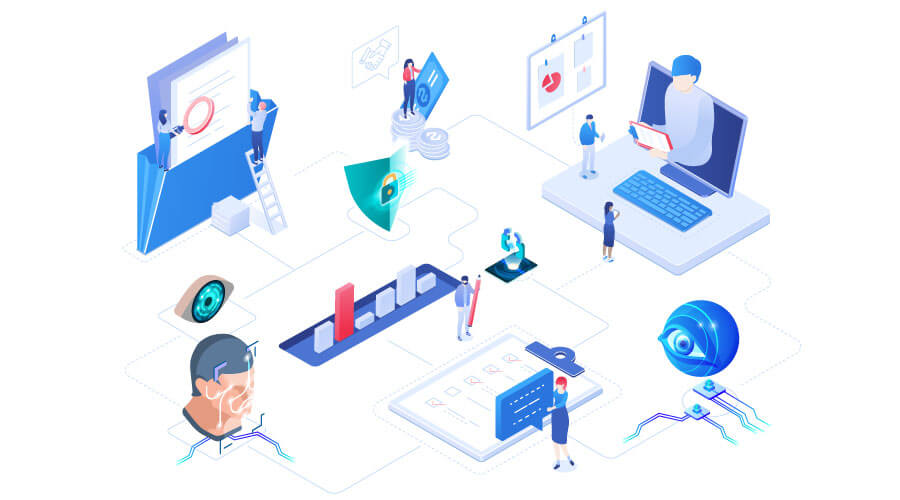Duplicate Medical Records Impact Patient Safety in Hospitals

Ensuring patient safety is one of the top priorities for any hospital. Experts suggest that the mismatch and duplication of patient data have damaged the U.S. medical system and caused potentially fatal consequences. Let’s see how duplicates hamper patient safety in hospitals.

Duplicate medical records may occur in different ways. The most common repetitive error occurs during the patient registration process. This situation also occurs when the unconscious patient cannot be identified. Sometimes, duplicates are created based on the patient’s demographic changes; the registrar may fail to find the patient’s last name and decide to create a new record. Patients must be identified reliably and consistently so that healthcare providers can have a complete view and make the best decisions.
Duplicate records are costly for E.D.
According to a report from 2019, approximately 18% of patient records within organizations are duplicates. Such duplicate records cost an average of over $1,950 per hospitalization, while the medical system spends more than the USD 800 per emergency (E.D.) visit.
Duplicate records cause delay and improper treatment
One-fifth of the patients have incomplete health records due to duplicate data, so they cannot fully view the patient’s medical records. This also leads to delays, unnecessary tests, or improper treatment of the patients.
There are bad examples of duplicate medical records
Duplicate records pose a remarkable level of threats to the provision of proper care and patient safety in hospitals while carrying some significant consequences. In one incident, a woman’s mammogram was mistakenly assigned to another lady’s chart. As a result, her diagnosis was postponed, and the clinician was unable to start her treatment until the diagnosis was confirmed.
Patients might end up with the wrong drugs
Duplicate medical records also harm prescription drugs. If a patient receives medications according to the wrong prescription and the clinician does not acknowledge the patient’s drug history, then the probability of a fatal outcome is high.
Duplicate medical records add unnecessary expenses to hospitals
A survey from 2018 revealed that duplicate patient EHRs cost hospitals an average of $1,950 per patient. 33% of all denied claims were caused by mismatched or incorrect patient information – as found by the survey. Such denied claims caused an average of $1.5 million to the health care system in 2017 and $6 billion annually as a whole. Data sharing continues to grow and poses challenges to the safety of virtual medical records; hence, resolving the issue regarding patient records has become an increasingly urgent and complicated task.
The challenge of patient identification can be solved if patient records are accurately identified against a patient’s unique feature, and RightPatient does just that. It creates a closed-loop patient record that can only be accessed through biometric identification – ensuring that the patient data is locked and irreversible. Once the inscription is done, patients only need to scan their biometrics – RightPatient to identify the accurate medical record within seconds and submit it to the hospital staff. The duplicate medical records of health systems such as Community Medical Centers and University Health Care System have been significantly reduced, which can help improve emergency medical response and ensure patient data safety.























